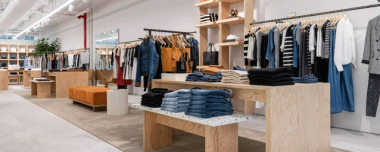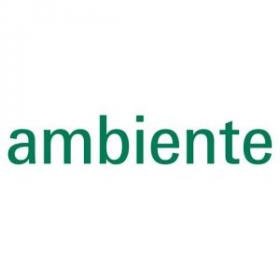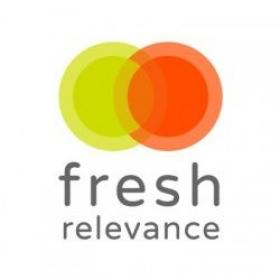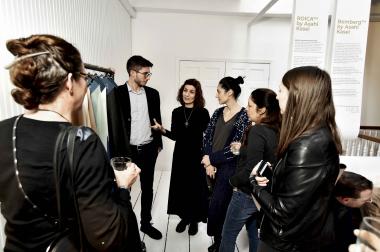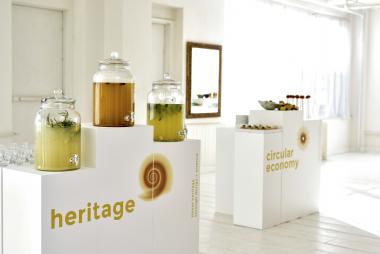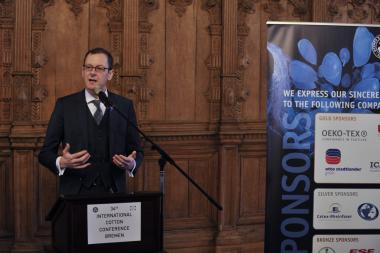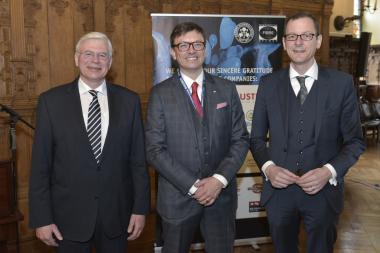Fashion experts at Global Fashion Summit in Boston
Hosted in Boston, Massachusetts on 27 September, Global Fashion Summit convened hundreds of esteemed representatives from brands, retailers, NGOs, policy, manufacturers, and innovators to transform ambition into action. The Summit was presented by Global Fashion Agenda (GFA), the non-profit organisation that is accelerating the transition to a net positive fashion industry, and marked the first edition of Global Fashion Summit in North America since the forum’s launch in 2009 as a side-event to COP15 in Copenhagen.
The Boston edition further explored Global Fashion Agenda’s 2023 editorial theme, ‘Ambition to Action’, while reflecting on and responding to what happened at Global Fashion Summit: Copenhagen Edition in June. By bringing Global Fashion Summit to Boston – a renowned hub for technology, innovation, and education - the Summit presented a deeper exploration of the global challenges, differences, and opportunities towards a more sustainable value chain. The Innovation Forum is a key pillar of GFA’s work, making Boston an apt location to showcase pioneering industry solution providers.
Attendees heard from over 40 speakers from a range of companies and organisations such as Levi Strauss & Co., Tapestry, Neiman Marcus Group, Thunder Voice Hat, H&M Group, Alice and Olivia, BBC StoryWorks, New Standard Institute, Conservation International, Worldly, Trove, Ceres, Aditya Birla Fashion and Retail Ltd, and many more. This Summit also featured esteemed Indigenous speakers on the programme. View all speakers.
The Summit’s second international edition facilitated inspiring thought leadership and exchanges around key themes including: Policy, Finance, and Retail, while also complementing the core priorities of the Fashion CEO Agenda: Respectful and Secure Work Environments, Better Wage Systems, Resource Stewardship, Smart Material Choices, and Circular Systems. The programme featured bold panels, case studies, and leadership roundtables reflecting on topics including: ‘Indigenous Leadership Perspectives’, ‘Exploring Fashion’s ESG Concept’, ‘On The Ground: Adaptation or Mitigation?’, ‘The Global Approach to Circularity’, and ‘Innovation for Value Chain Challenges’.
Global Fashion Summit: Boston Edition also presented an Innovation Forum, enabling small and large companies to meet with 14 sustainable solution providers from across the value chain– equipping them with the concrete tools to expedite meaningful actions. GFS Connect facilitated over 90 connections between fashion companies and exhibitors during the Summit.
Global Fashion Agenda












